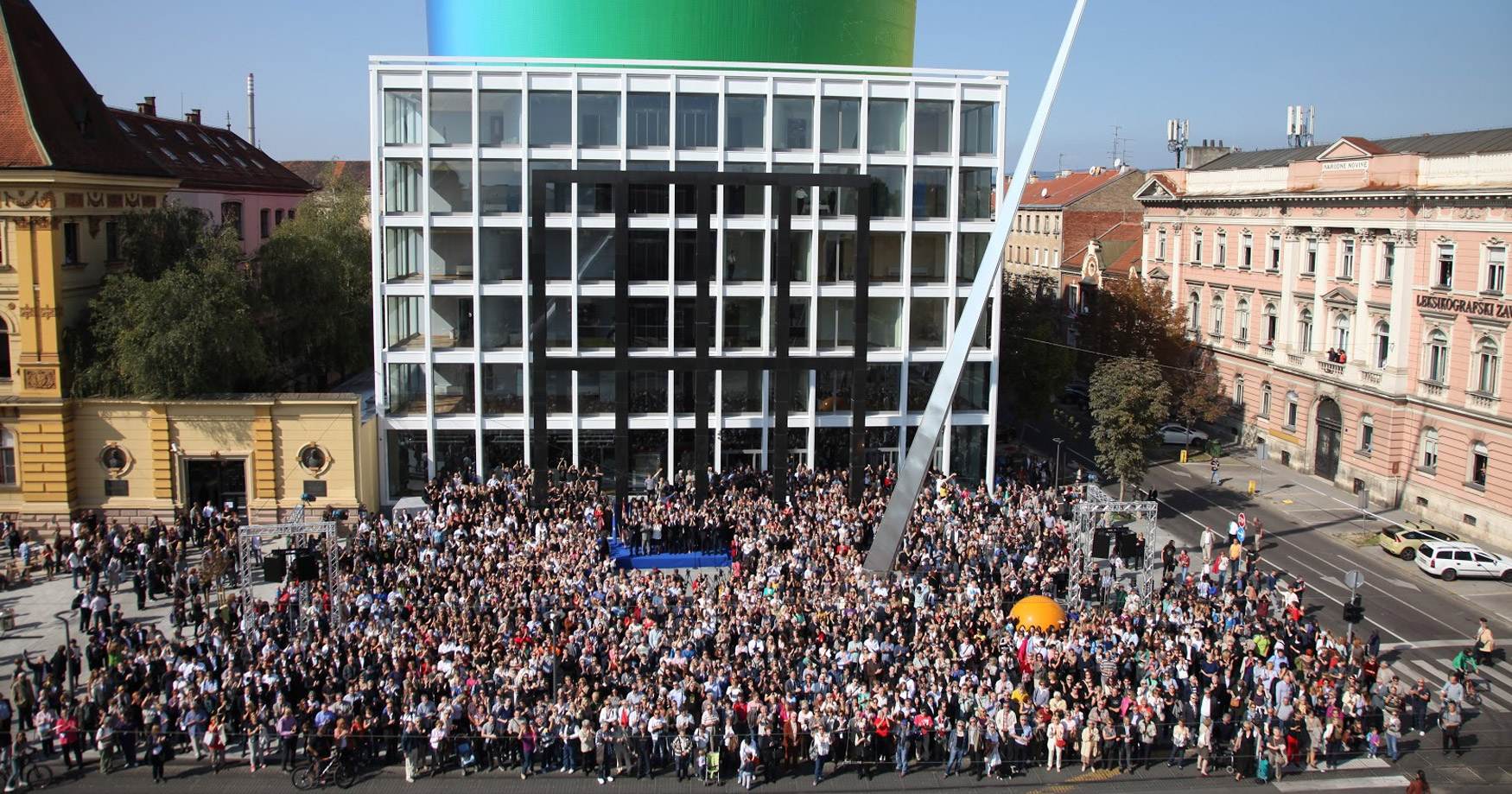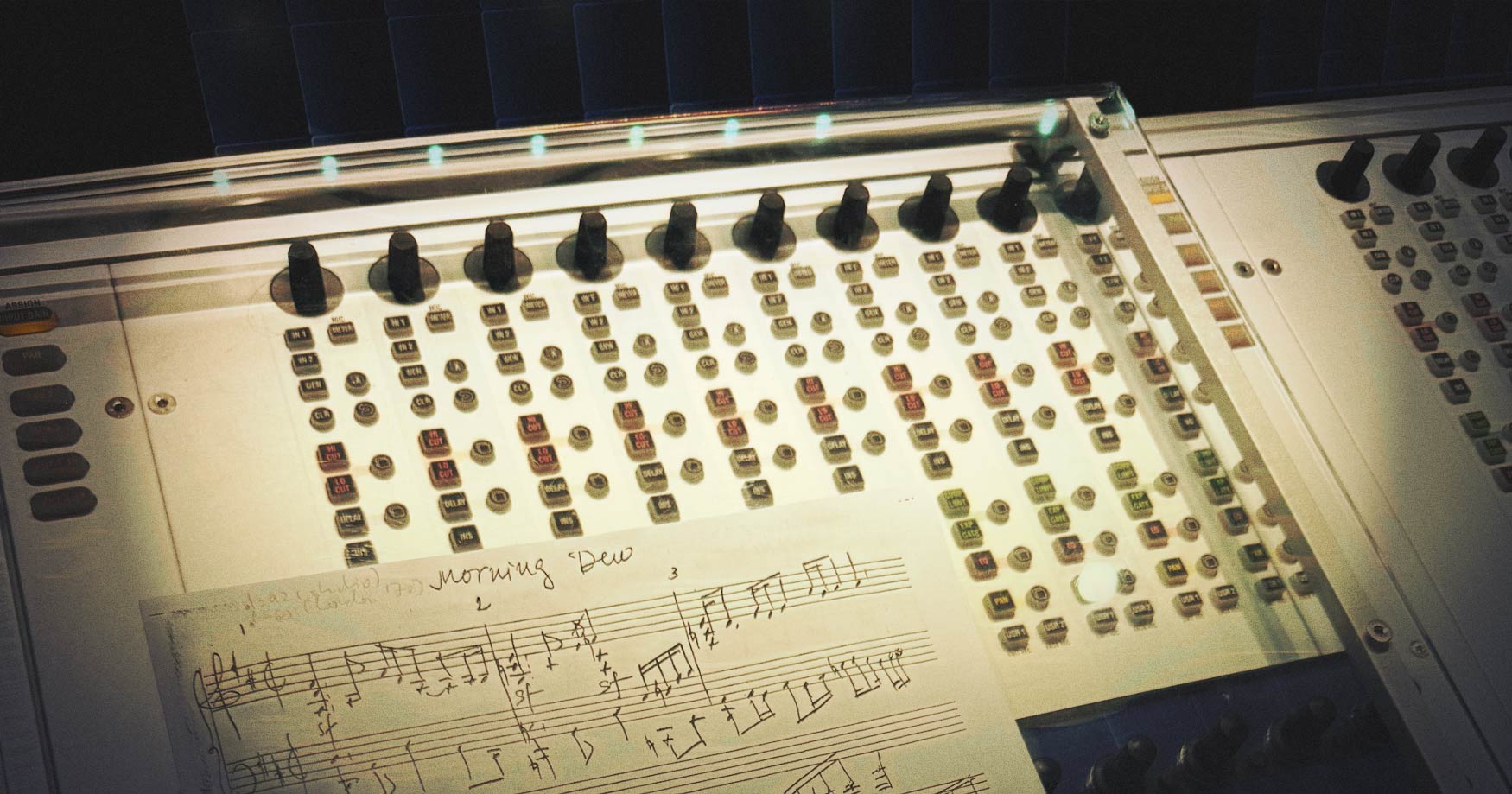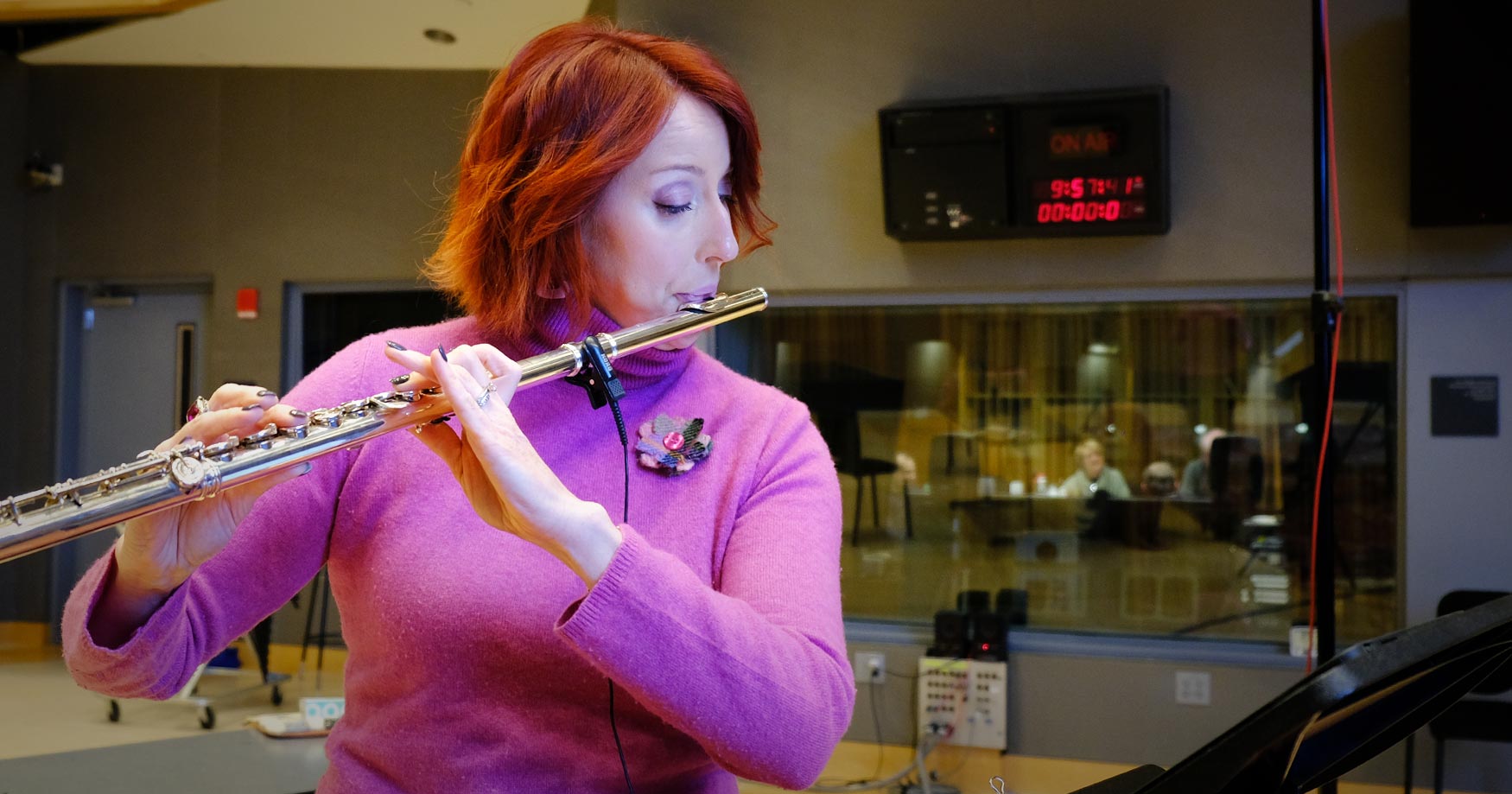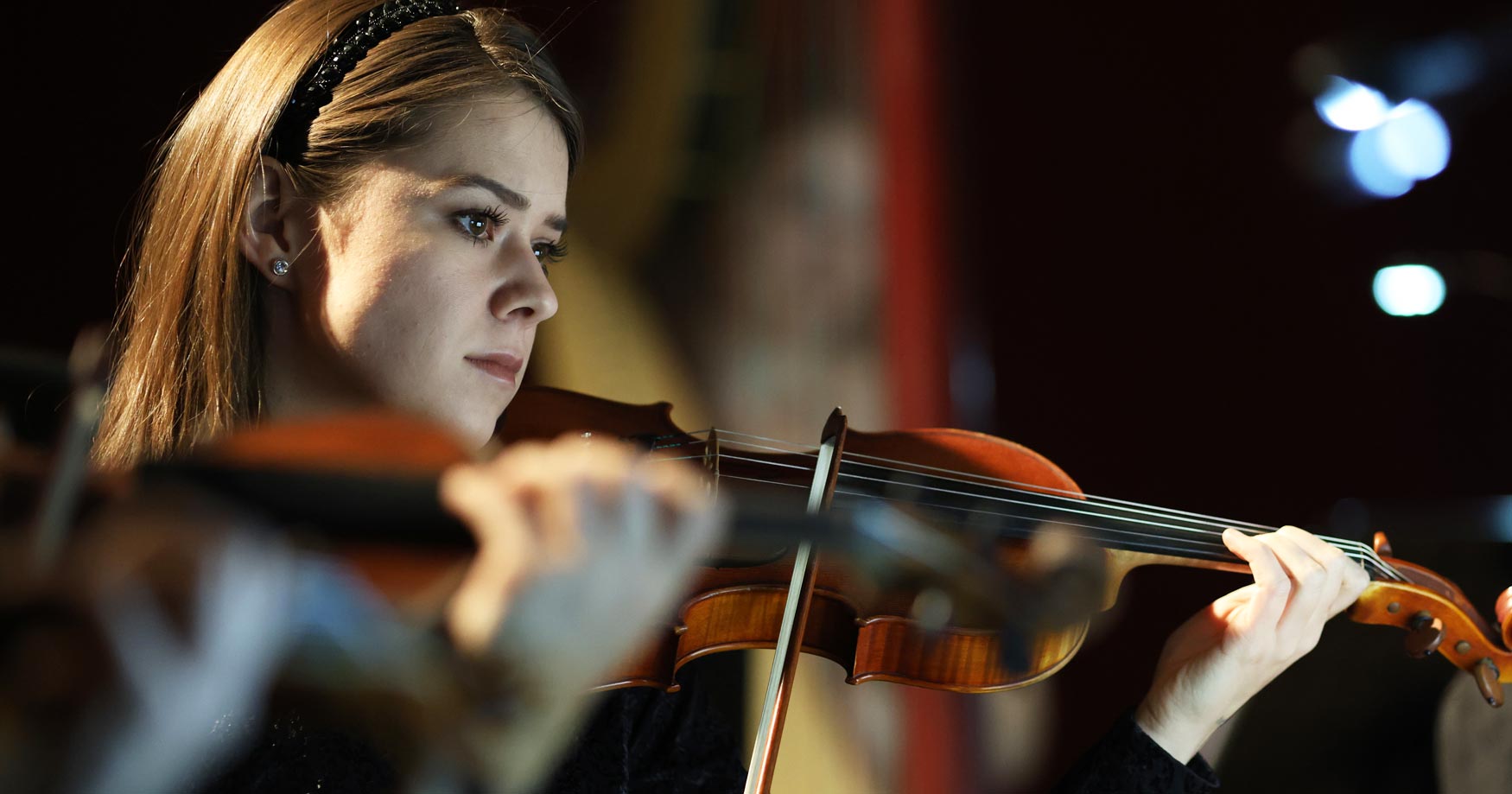Discover the story of Zagreb’s esteemed music institution and one of PARMA Recordings’ frequented recording venues.
If you take a walk through the center of Zagreb, the capital of Croatia and a charming central European city, you will likely pass the Republic Square and stop for a moment to smell the flowers in front of the beautiful Croatian National Theatre, built in the late 19th Century. Surrounding the Theatre, a few other impressive buildings of the same historic style of architecture captivate one’s view: the Museum of Arts and Crafts, the University of Zagreb Faculty of Law, the Lexicographical Institute, or the smallest of them – the Academy of Dramatic Arts, shining more subtly through the alley of trees in front of the buildings.
If you put aside your smartphone, you could be fooled into thinking the time had stopped in 1895 – that is, until a piercing shiny object penetrates your view on the west side of the square. A giant, nearly 100-foot-high conductors’ baton defends a glass building with a rainbow-colored rooftop. The view is transformed from historical to surreal as you take in the Zagreb Academy of Music building. The architecture speaks of a different time: here, the post-modernist era prevails with its disturbing times, but also brings hope for a brighter future.
Although the city can trace its roots of musical academia back a century earlier to an in-house music school (Agrarem Musikverein, modeled after the famous Musikverein in Vienna), it was in 1921 that Zagreb got its first professional Music Academy. Today, after almost a whole century, the same city boasts proudly of having one of the most modern educational institutions in all of Europe. The bright future relies on its past: a century of creating artistic and intellectual elite out of young musicians who will, through their public activities, influence the development of culture and art for the benefit of the entire community.
The new Music Academy isn’t modern just because of its architecture. It has a modern concept of work, education, and presentation. It teaches the students the most valuable lesson for their futures as professional musicians: the importance of gathering performing experience and listening closely to other colleagues and professors.
The Academy has altogether four concert halls – three smaller halls with around 100 seats and the larger hall of 300 seats. Those concert halls are venues to over 300 concert productions per year. Students and professors give recitals or chamber music concerts, but the Academy also became an “in” place for music in town: it is the home of some popular jazz cycles, conferences, and many other performances.
A very important factor in contemporary music education is recording activity. Students of the Zagreb Music Academy are blessed with a highly-equipped studio located adjacent to a multimedia hall, where they can craft their way to becoming music producers and sound engineers, or simply gather recording experiences. The studio, with a sleek vibe and professional crew, was the connecting point between PARMA Recordings and the Academy. Since November 2018, PARMA has recorded dozens of musical works in Bersa Concert Hall. The compositions have been featured on eight current and future album releases.
With its newly-elected Dean, the Academy will continue to pave the way into the contemporary world for its students.
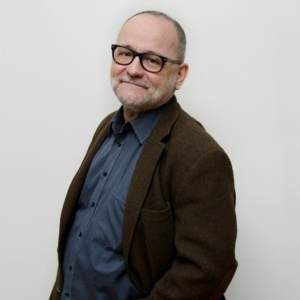
What are your thoughts on the future of the Academy?
Lešnik: The University of Zagreb Academy of Music’s motto, “Sustainability of music by studying and creative exploration” (ODRŽIVOST GALAZBE UČENJEM, STVARANJEM, ISTRAŽIVANJEM…), clearly indicates the direction in which the new faculty board intends to lead our institution. As the new Dean, my aim for the Academy is to respect the past while looking into the future by offering the achievements of Croatian pedagogic and artistic music experiences to a wider international field.
What is the most frequent feedback you receive from students?
Lešnik: The majority of our Croatian students say our programs offer numerous rewarding learning experiences and knowledge, while at the same time they look forward to continuing their studies and specializing abroad. On the other hand, students from abroad mostly praise the originality and freshness of our programs, which comprise lots of Croatian music. Students also love the convenience of our modern facilities located downtown.
Do you have some plans to integrate recording experiences into the students’ curriculum?
Lešnik: Definitely YES. Our modern recording studios are now mostly rented by professional musicians. However, we are working on establishing programs for sound engineers and providing more recording opportunities to our performance majors and student composers, enabling them to record their performances and their own works more often.
How do you envision the future coexistence between the Academy and a recording company?
Lešnik: The possibilities are vast. In Zagreb, a particularly good area for extending the already-existing collaboration is the international competitions taking place here regularly. For instance, recording projects of international competition winners produced and/or distributed by an esteemed record company, or participation of renowned music producers in our educational process, are all good examples of potential Music Academy and recording company synergy.
